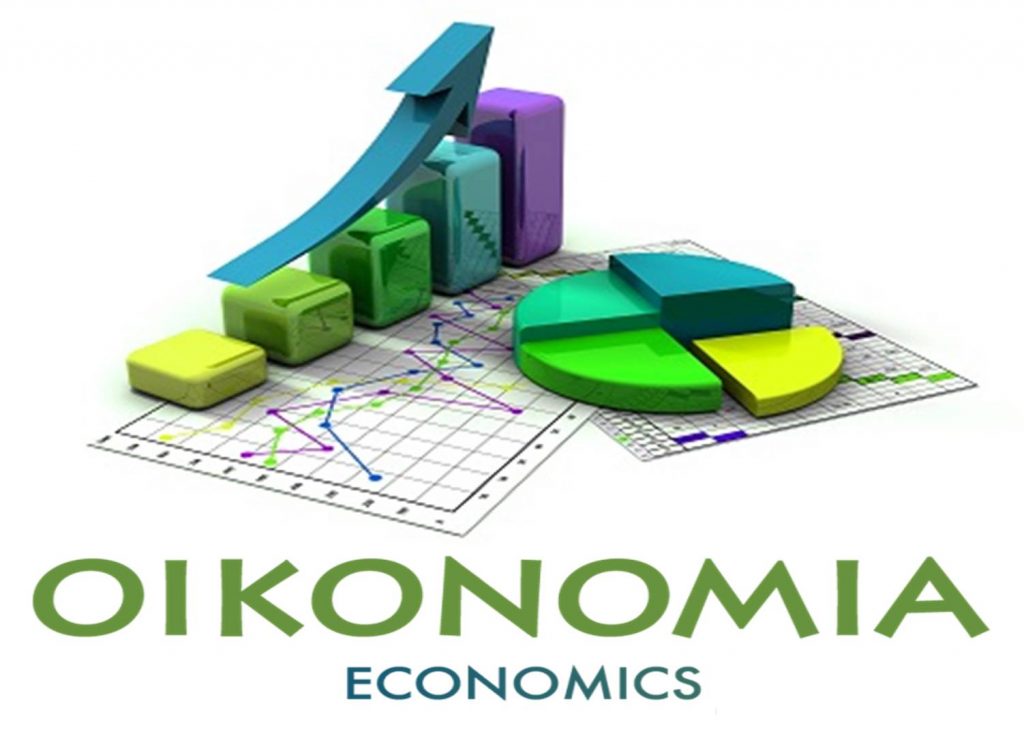- Home
- /
- Departments
- /
- Arts
- /
- Economics

PROFILE OF THE DEPARTMENT OF ECONOMICS
Economics has been taught in SNM College right from its recognition as an affiliated college by Mahatma Gandhi University in the year 1964.The Department of Economics started functioning with its BA Economics programme from 1972 and is one of the premier departments in S.N.M College Maliankara with its subsidiary subjects of History and Political science. Department became a Centre of Post Graduate Studies in Economics in the year 1983 and since then imparts knowledge on economics to two hundred plus students every academic year. In keeping with the latest developments in the field, the curriculum offered by the department caters to requirements of the industry as well as higher education prospects.
VISION
To be a transformative force inspired by the ideals of Sree Narayana Guru, the Department of Economics envisions becoming a beacon of knowledge, empowerment and societal transformation, fostering individual excellence and collective well-being through the study of Economics.
MISSION
The Department is proud of its many former faculty members who have made remarkable contributions to the regional community development. The Department is delighted with its alumni who have excelled at academic and non academic professions as well as in diverse well known positions in the state. Quantitative Techniques, Introductory econometrics, Money &financial Markets taught at graduate level and Mathematical Methods for Economic Analysis, Statistical Methods for Economic Analysis and Econometrics taught at post-graduate level equips students to meet the quantitative skills needed for today’s Industry. Presently the department is building on this evolving tradition and continues to perform teaching and research activities and various public services. Several members of the faculty also serve on committees of various internal and external academic bodies.
Teaching and research in the Department are supported by its own well-stocked library with one of the best collections in economics and related disciplines. It has a collection of about 960 books. Most commonly used text books concerning various branches of Economics namely Micro, Macro, Development, Indian Economy, Public Finance, Banking, Monetary, Environmental, Statistics, and Econometrics are available here. Besides this library provides internet enabled computer facility for the reference purpose of the students.
The Department conducts several curricular and non curricular programmes under the umbrella of Economics Association. The Economics Association stands for the co-operation between the faculty and the students of the Economics Department and provides a platform for performing the extracurricular activities of the students. Students of Economics Department are in the forefront of many of the extra-curricular activities. So far, department has conducted four UGC sponsored National Seminar on socially and economically significant aspects. Faculties of the department have also carried on three Minor Projects.
So far the Department of Economics has produced more than forty Degree and thirty PG batches. Many of the former students are well placed in the society. In future also the department is bound to be a hallway for the prosperity of the younger generations. The department always stands for the upliftment of the poor and deprived categories of the students.